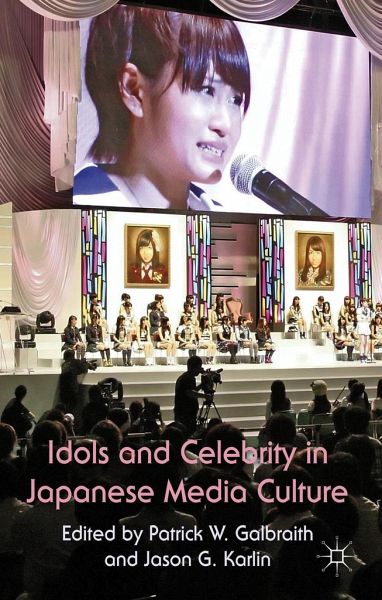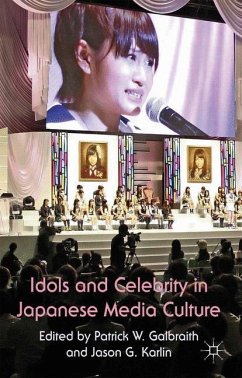
Idols and Celebrity in Japanese Media Culture

PAYBACK Punkte
42 °P sammeln!
This is the most complete and compelling account of idols and celebrity in Japanese media culture to date. Engaging with the study of media, gender and celebrity, and sensitive to history and the contemporary scene, these interdisciplinary essays cover male and female idols, production and consumption, industrial structures and fan movements.














